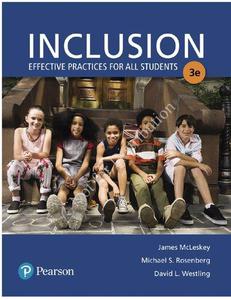 Inclusion: Effective Practices for All Students By James L. McLeskey, Michael S. Rosenberg, David L. Westling
Inclusion: Effective Practices for All Students By James L. McLeskey, Michael S. Rosenberg, David L. Westling2017 | 495 Pages | ISBN: 0134672607 | PDF | 195 MB
In this widely popular text, foundational information balances with real world application to provide the most applied text available on how to understand and best use effective practices for successful inclusive classrooms. With a sharpened focus and an improved organization, the new 3rd Edition of Inclusion: Effective Practices for All Students examines the foundations of successful inclusion; provides information on how to meet the needs of all students in brief, cross-categorical chapters; and offers effective, field-tested, evidence-based practices to help teachers make a seamless transition from theory to practice in the classroom. The new edition includes Deepen Your Knowledge features; a full chapter on students from culturally and linguistically diverse backgrounds; and new chapters on effective strategies for addressing the needs of students with severe disabilities, effective strategies for providing effective mathematics instruction for students in inclusive classrooms, and the four key pillars associated with successful implementation of inclusive practices. Also included are 68 step-by-step strategies for improving outcomes for students with disabilities and others who struggle in school. The Enhanced Pearson eText features embedded videos.From the Back CoverFoundational information balances with real world application to provide the most applied text available on how to understand and best use effective practices for successful inclusive classroomsWith a sharpened focus and an improved organization, the new 3rd Edition of this popular applied text looks at three areas critical to the success of inclusive classrooms: 1) foundational materials for understanding effective inclusive classrooms; 2) brief, cross-categorical chapters with information for meeting the needs of all students; and 3) field-tested and evidence-based classroom strategies in a step-by-step format to help teachers make a seamless transition from theory to practice in the classroom.The new edition includes:Deepen Your Knowledge features;A full chapter on students from culturally and linguistically diverse backgrounds; andNew chapters on effective strategies for addressing the needs of students with severe disabilities, effective strategies for providing effective mathematics instruction for students in inclusive classrooms, and the four key pillars associated with successful implementation of inclusive practices.Also included are 68 step-by-step strategies for improving outcomes for students with disabilities and others who struggle in school.Invigorate learning with the Enhanced Pearson eTextThe Enhanced Pearson eText provides a rich, interactive learning environment designed to improve student mastery of content with the following multimedia features:Embedded videos in each chapter illustrate key concepts and strategies.About the AuthorJames McLeskey is professor in the School of Special Education, School Psychology, & Early Childhood Studies at the University of Florida. He completed his doctoral work at Georgia State University. Dr. McLeskey is the author or co-author of Inclusion: Effective Practices for All Students, 3rd Edition (Pearson, 2018); Handbook of Effective Inclusive Schools: Research and Practice (Taylor & Francis/Routledge, 2014); Special Education for Today's Teachers An Introduction, 2nd Edition (Pearson, 2011); Reflections on Inclusion: Classic Articles that Shaped our Thinking (CEC, 2007); and Inclusive Schools in Action: Making Differences Ordinary (ASCD, 2000). He has worked extensively with local schools as they have developed effective, inclusive schools, and has written numerous articles regarding this work. His recent work focuses on preparing teachers to use effective practices, and the role of the principal is developing and supporting effective inclusive schools.Michael S. Rosenberg is Dean of the School of Education and Professor of Special Education at the State University of New York (SUNY)-New Paltz. He is also Professor Emeritus at Johns Hopkins University where prior to his 2012 appointment at SUNY, Dr. Rosenberg was a Professor and department chair in the Department of Special Education and Associate Dean for Research in the School of Education. Preceding his 26 years at Johns Hopkins, Dr. Rosenberg was an Assistant Professor for 4 years at Ball State University in Muncie, Indiana and, for an all too brief semester, a visiting scholar at Westminster College in Oxford, England. Dr. Rosenberg completed his doctoral work at Penn State University, and was a 2008 Fulbright Fellow at Saint Patrick's College in Dublin, Ireland. An author or co-author of five textbooks and numerous articles and chapters, he remains active in research related to teacher preparation policy and practice, as well as comprehensive and culturally responsive behavior management. A former teacher of secondary students with learning and behavioral disabilities, Dr. Rosenberg is active in a number of professional organizations, was the co-editor of Teacher Education and Special Education from 2009 -2012, and received the 2007 TED/Merrill Teacher of Excellence Award.David L. Westling joined the faculty at Western Carolina University as the Adelaide Worth Daniels Distinguished Professor of Special Education in 1997. Before arriving at WCU, Dr. Westling was on the faculty in special education at Florida State University. He received the EdD Degree in Special Education from the University of Florida in 1976 with related areas of study in Applied Behavior Analysis and Educational Research. He is the co-author of Teaching Students with Severe Disabilities, Special Education for Today s Teachers: An Introduction, and Inclusion: Effective Practices for All Teachers and has published more than 50 papers in refereed journals in special education. Dr. Westling is past-president of the Board of Directors for TASH, is co-director of the personnel preparation project in severe disabilities at Western Carolina University, and co-director of the Western Carolina University s University Participant Program. Dr. Westling was a Fulbright Research Scholar in Salzburg, Austria in 1994."
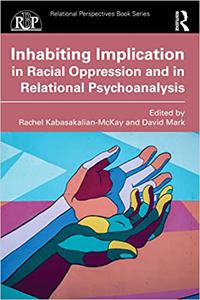


![S.T.A.L.K.E.R. 2 / STALKER 2: Heart of Chornobyl - Ultimate Edition (2024) [+UPDATE 23.12.2024 - v1.1.3] ElAmigos / Polska wersja językowa](https://i.postimg.cc/Zqd8RWGY/UZG8PBE.jpg)











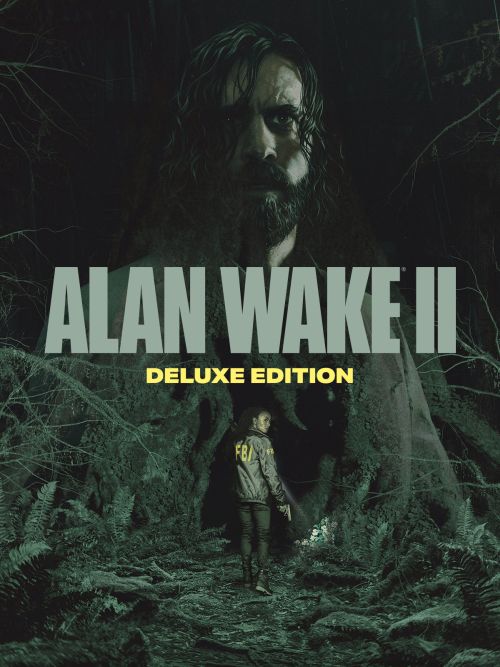























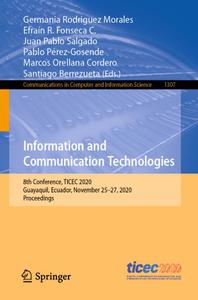


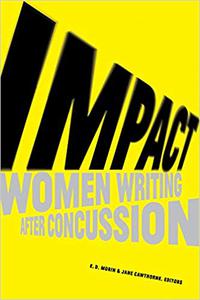
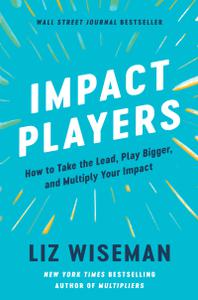
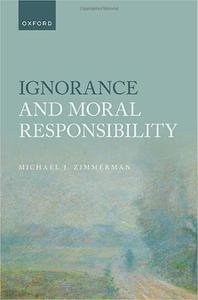
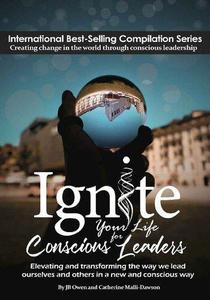
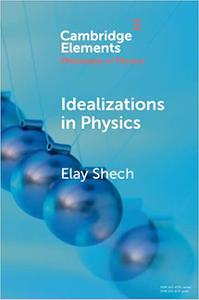
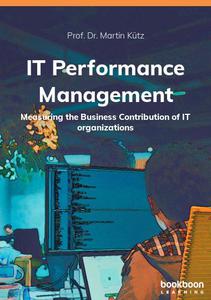







![David Gilmour - Luck and Strange (2024) [FLAC]](https://i.imgur.com/everaBc.jpeg)
![Męskie Granie Orkiestra - Męskie Granie 2024 (2024) [FLAC]](https://i.imgur.com/FAyOxrM.jpeg)
![The Rolling Stones - Hackney Diamonds (2023) [FLAC]](https://i.imgur.com/wCkyyUN.jpg)
![Lady Gaga - Harlequin (2024) [FLAC]](https://i.imgur.com/dcgIA8D.jpeg)
![Natalia Kukulska - Dobrostan (2024) [FLAC]](https://i.imgur.com/bdljG3O.jpeg)
![Kaśka Sochacka - Ta druga (2024) [FLAC]](https://i.imgur.com/hORQKvn.jpeg)
![Kuba Sienkiewicz - Pani Bóg (2024) [FLAC]](https://i.imgur.com/qijCx8Z.jpeg)
![Lanberry - Heca (2024) [FLAC]](https://i.imgur.com/8P7QfeR.jpeg)
![Sara James - PLAYHOUSE (2024) [FLAC]](https://i.imgur.com/m4f8OKg.jpeg)
![Grzegorz Hyży - EPILOG (2024) [FLAC]](https://i.imgur.com/8DA2sBr.jpeg)
![Myslovitz - WIECZORAMI CHŁOPCY WYCHODZĄ NA ULICE (2024) [FLAC]](https://i.imgur.com/l9mMtIG.jpeg)
![Krzysztof Zalewski - ZGŁOWY (2024) [FLAC]](https://i.imgur.com/vh48RAc.jpeg)
![Krzysztof Cugowski - Wiek to tylko liczba (2024) [FLAC]](https://i.imgur.com/SBzgqe2.jpeg)
![Nosowska - Kasia i Błażej (2024) [FLAC]](https://i.imgur.com/mObvVXQ.jpeg)
![sanah - Pianinkowe Kaprysy (2024) [FLAC]](https://i.imgur.com/pVjjPAa.jpeg)
![Kwiat Jabłoni - Pokaz slajdów (2023) [FLAC]](https://i.imgur.com/diERHfZ.jpg)
![Robert Cichy - Spacer po Warszawie (2024) [FLAC]](https://i.imgur.com/ixleU9o.jpeg)
![Viki Gabor - Terminal 3 (2024) [FLAC]](https://i.imgur.com/Q1KCnDs.jpeg)
![Sanah - Kaprysy (2024) [FLAC]](https://i.imgur.com/71OZm4h.jpeg)
![Męskie Granie Orkiestra - Męskie Granie 2023 (2023) [FLAC]](https://i.imgur.com/U4YHo8d.jpg)




